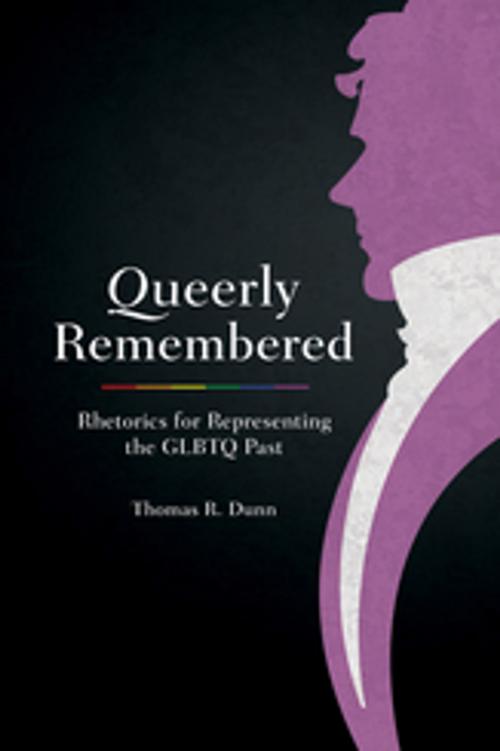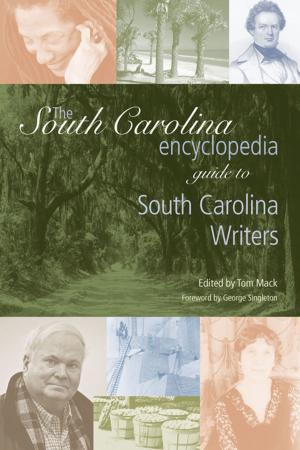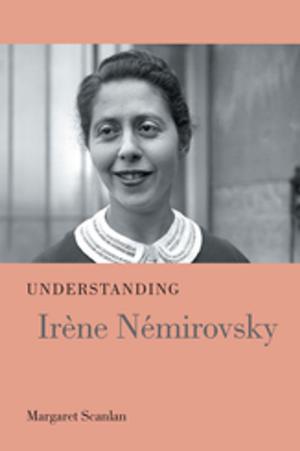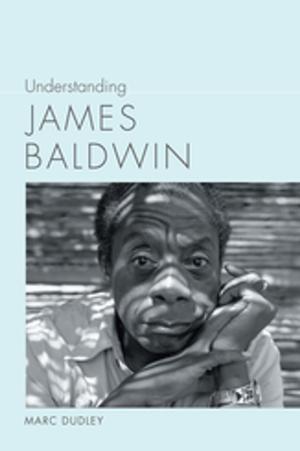Queerly Remembered
Rhetorics for Representing the GLBTQ Past
Nonfiction, Reference & Language, Language Arts, Public Speaking, Rhetoric, Social & Cultural Studies, Social Science, Gender Studies| Author: | Thomas R. Dunn, Thomas W. Benson | ISBN: | 9781611176711 |
| Publisher: | University of South Carolina Press | Publication: | October 3, 2016 |
| Imprint: | University of South Carolina Press | Language: | English |
| Author: | Thomas R. Dunn, Thomas W. Benson |
| ISBN: | 9781611176711 |
| Publisher: | University of South Carolina Press |
| Publication: | October 3, 2016 |
| Imprint: | University of South Carolina Press |
| Language: | English |
Queerly Remembered investigates the ways in which gay, lesbian, bisexual, transgender, and queer (GLBTQ) individuals and communities have increasingly turned to public tellings of their ostensibly shared pasts in order to advocate for political, social, and cultural change in the present. Much like nations, institutions, and other minority groups before them, GLBTQ people have found communicating their past(s)—particularly as expressed through the concept of memory—a rich resource for leveraging historical and contemporary opinions toward their cause. Drawing from the interdisciplinary fields of rhetorical studies, memory studies, gay and lesbian studies, and queer theory, Thomas R. Dunn considers both the ephemeral tactics and monumental strategies that GLBTQ communities have used to effect their queer persuasion. More broadly this volume addresses the challenges and opportunities posed by embracing historical representations of GLBTQ individuals and communities as a political strategy. Particularly for a diverse community whose past is marked by the traumas of the HIV/AIDS pandemic, the forgetting and destruction of GLBTQ history, and the sometimes-divisive representational politics of fluid, intersectional identities, portraying a shared past is an exercise fraught with conflict despite its potential rewards. Nonetheless, by investigating rich rhetorical case studies through time and across diverse artifacts—including monuments, memorials, statues, media publications, gravestones, and textbooks—Queerly Remembered reveals that our current queer “turn toward memory” is a complex, enduring, and avowedly rich rhetorical undertaking.
Queerly Remembered investigates the ways in which gay, lesbian, bisexual, transgender, and queer (GLBTQ) individuals and communities have increasingly turned to public tellings of their ostensibly shared pasts in order to advocate for political, social, and cultural change in the present. Much like nations, institutions, and other minority groups before them, GLBTQ people have found communicating their past(s)—particularly as expressed through the concept of memory—a rich resource for leveraging historical and contemporary opinions toward their cause. Drawing from the interdisciplinary fields of rhetorical studies, memory studies, gay and lesbian studies, and queer theory, Thomas R. Dunn considers both the ephemeral tactics and monumental strategies that GLBTQ communities have used to effect their queer persuasion. More broadly this volume addresses the challenges and opportunities posed by embracing historical representations of GLBTQ individuals and communities as a political strategy. Particularly for a diverse community whose past is marked by the traumas of the HIV/AIDS pandemic, the forgetting and destruction of GLBTQ history, and the sometimes-divisive representational politics of fluid, intersectional identities, portraying a shared past is an exercise fraught with conflict despite its potential rewards. Nonetheless, by investigating rich rhetorical case studies through time and across diverse artifacts—including monuments, memorials, statues, media publications, gravestones, and textbooks—Queerly Remembered reveals that our current queer “turn toward memory” is a complex, enduring, and avowedly rich rhetorical undertaking.















